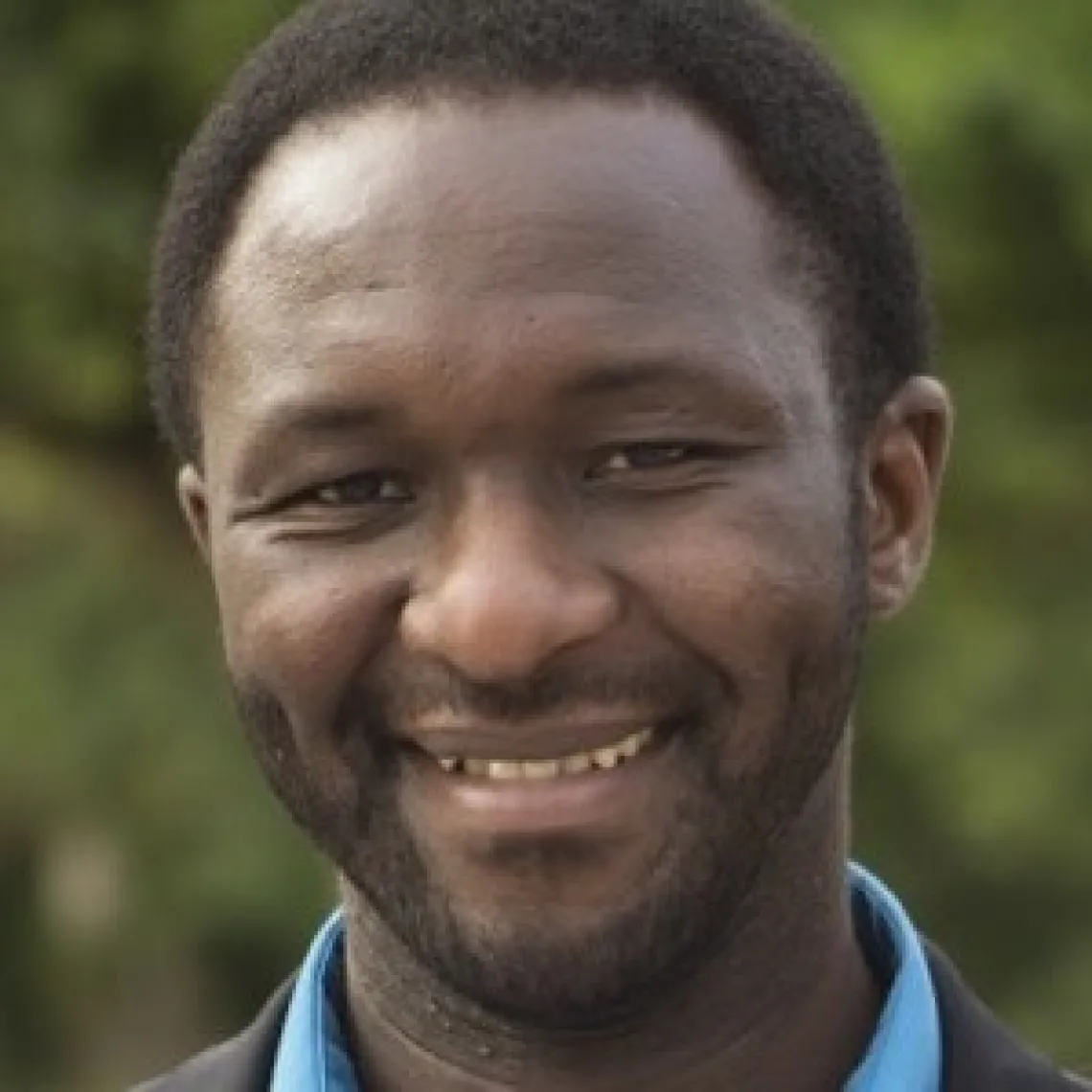Garba Presents at CDC Public Health Ethics Lecture

Ibrahim Garba (Karai-Karai), Assistant Research Professor at the University of Arizona’s School of Public Health, was a speaker at the Thomas Hooyman Memorial Public Health Ethics Lecture series at the US Centers for Disease Control and Prevention (CDC) on April 27, 2021. Organized jointly by CDC’s Public Health Ethics Unit and Office of Tribal Affairs and Strategic Alliances, this year’s virtual lecture highlighted topics arising in the context of the agency’s relationship with Native communities, especially in response to the COVID pandemic.
Public health professionals often go into the field to make a difference at a societal level that goes beyond treating sick patients on an individual basis. However, there are scant resources available to practitioners on how self-determination in federal policy calls for a unique approach in ethics and practice when engaging Native communities. With the pandemic as a backdrop, this year’s Hooyman lecture was a timely forum to address this and related questions.
– Ibrahim Garba
The program provided CDC attendees with a historical overview and current snapshot of Native communities in the US from a public health viewpoint. A recurring theme in the presentations was the unique sovereign-to-sovereign relationship between tribal and federal governments. Bobby Saunkeah from the Chickasaw Nation’s Department of Health discussed the role of tribal sovereignty in medical research on the Nation’s territory. Laurette McGuire, associate professor of anthropology at California State University San Marcos, reported her research on intergenerational trauma in Native communities triggered by the federal government’s boarding school policy. Garba gave a legal overview of tribal sovereignty. He discussed the ethical implications of engaging Native persons as individual US citizens and as members of sovereign nations, in line with national and international principles of self-determination. Alongside regular meetings of the agency’s Tribal Advisory Committee, this year’s lecture was an opportunity for mutual learning about tribal health priorities and the federal government’s trust responsibility to Native communities.

